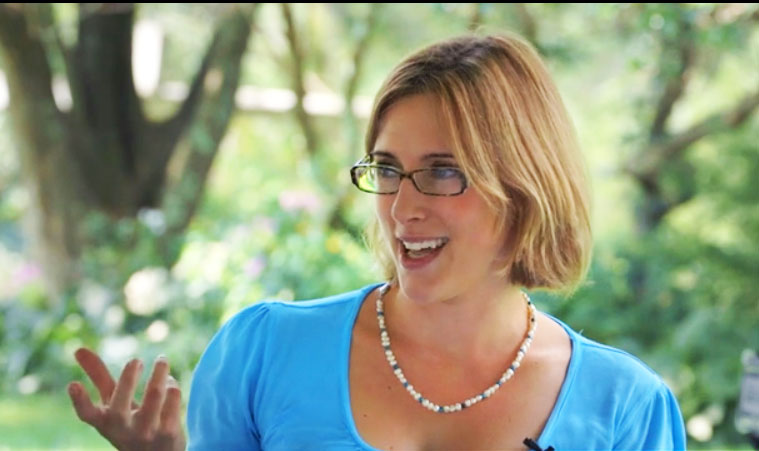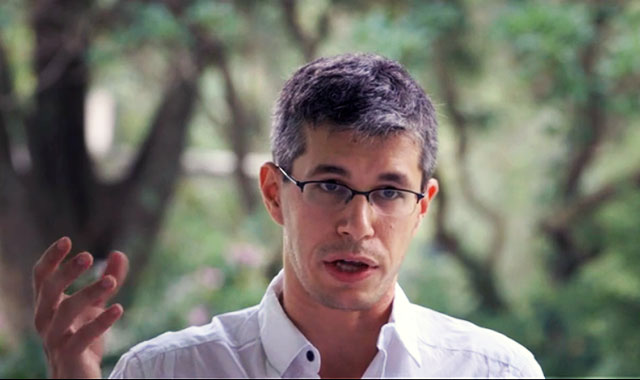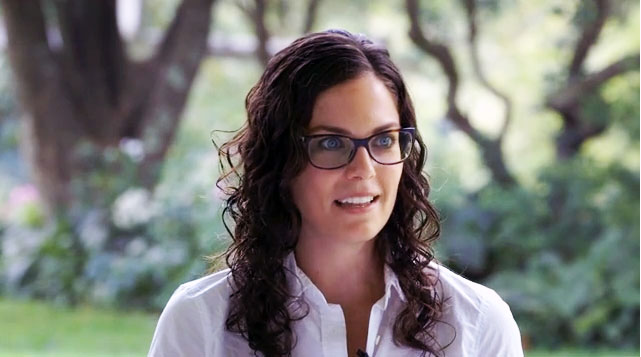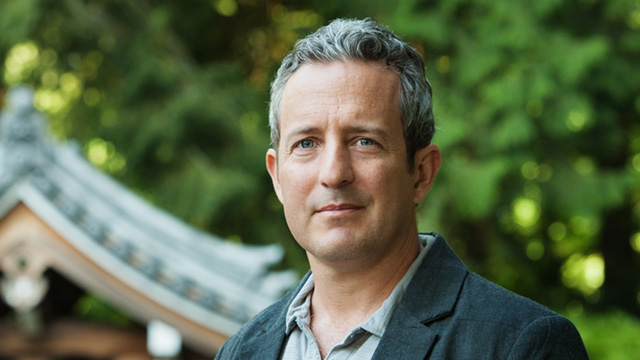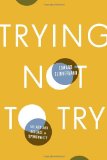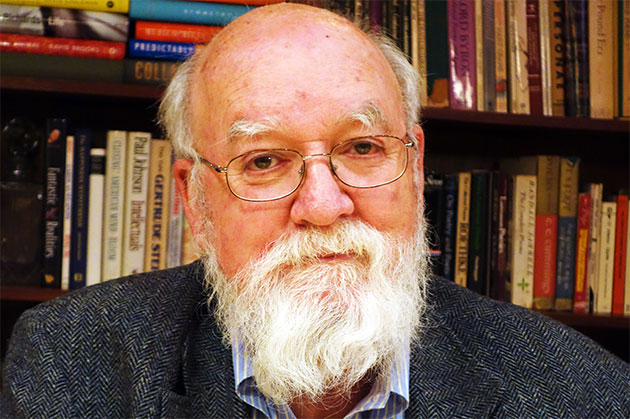We've shown that disfluency leads you to think more deeply, as I mentioned earlier, that it forms a cognitive roadblock, and then you think more deeply, and you work through the information more comprehensively. But the other thing it does is it allows you to depart more from reality, from the reality you're at now.
Introduction
Adam Alter is interested in examining the concrete ways in which we are affected by subtle cues, such as symbols, culture, and colors. Why are Westerners easily fooled by the Müller-Lyer illusion of two lines with different arrows at their ends, while Bushmen from southern Africa are not? Why do certain colors have a calming effect on the intoxicated? Why is it that people with easy-to-pronounce names get ahead in life?
In this conversation, we get an overview of Alter's current line of work on how we experience fluent and disfluent information. Fluency implies that information comes at a very low cost, often because it is already familiar to us in some similar form. Disfluency occurs when information is costly–perhaps it takes a lot of effort to understand a concept, or a name is unfamiliar and therefore difficult to say. His work has interesting implications in the realms of market forces (stocks with pronounceable ticker codes tend to do better when they first enter the market than those that don't, for instance) and globalization, and is highly relevant in a world where cultures continue to meet and to merge.
—Jennifer Jacquet
ADAM ALTER is an Assistant Professor of Marketing at Stern School of Business, NYU. He is the author of Drunk Tank Pink: And Other Unexpected Forces that Shape How We Think, Feel, and Behave. Adam Alter's Edge Bio Page

[33.48 minutes]
[This conversation with Adam Alter was conducted in New York City by Edge Editor-at-Large, Jennifer Jacquet.]
DISFLUENCY
From the beginning of psychology, psychologists have been interested in two aspects of thinking. They've been interested in a lot of aspects, but one of the ways of breaking thinking down is into these two. The first is to look at the content of our thoughts or our cognitions. What is the stuff that we're thinking about, and that goes all the way back to the 1800s, with the introspectionists; they were interested in looking at what people were actually thinking about when they were introspecting. That's carried right through psychology from the 1800s to today.
Another aspect that's only been studied much more recently, which has formed the basis for a lot of my research now, is to look at not what people are thinking, but how that experience is for them. What is it like to think about these things? That topic is known as meta-cognition, and it's basically the idea that when we have any thoughts, not only do we have those thoughts, but there's an overlaid experience of how it feels to have those thoughts. Is it easy to generate those thoughts? Is it difficult to process them? Do we feel like we understand what we're thinking about well? Do we think we understand it poorly? I'll give you a couple of examples of this.

